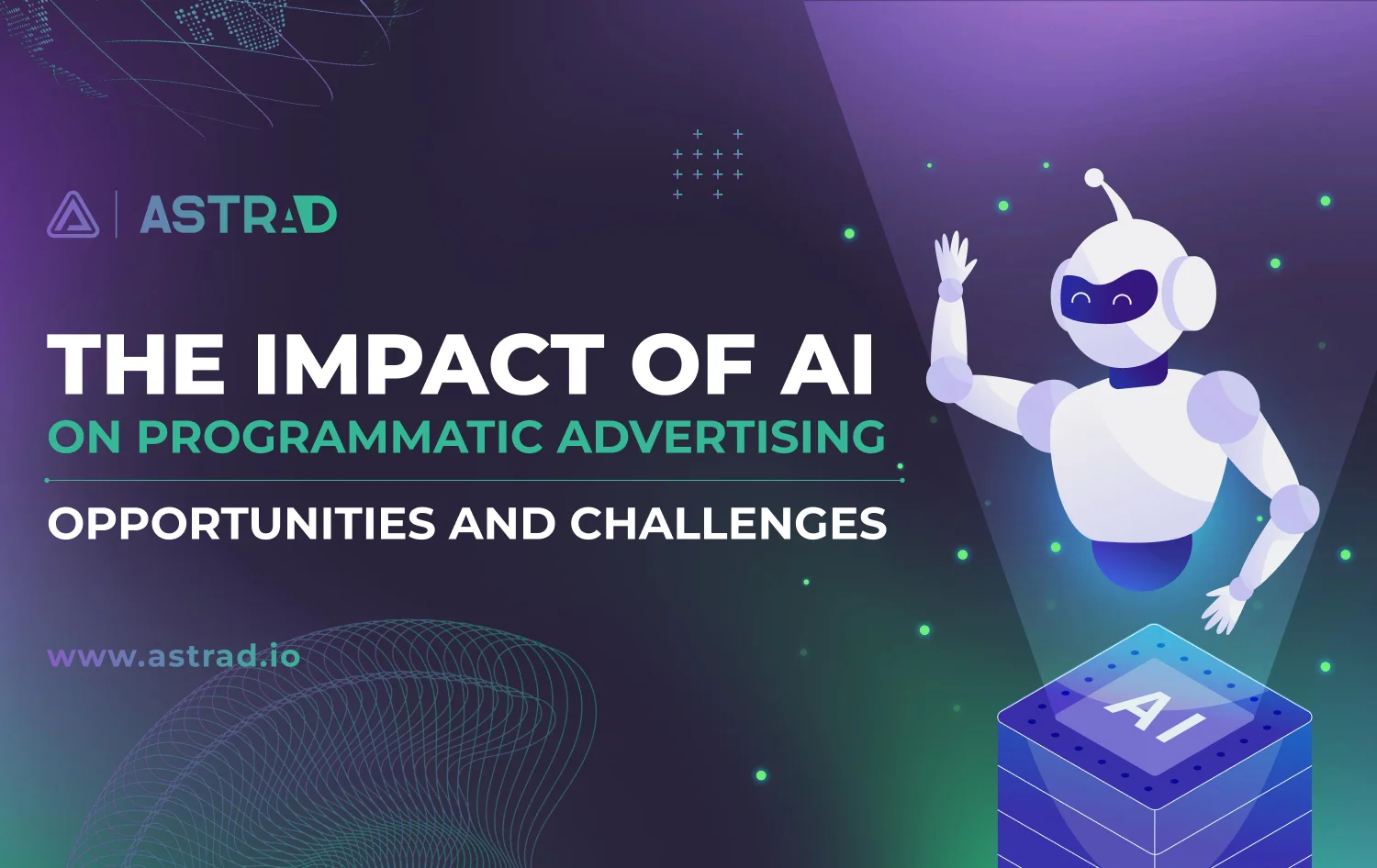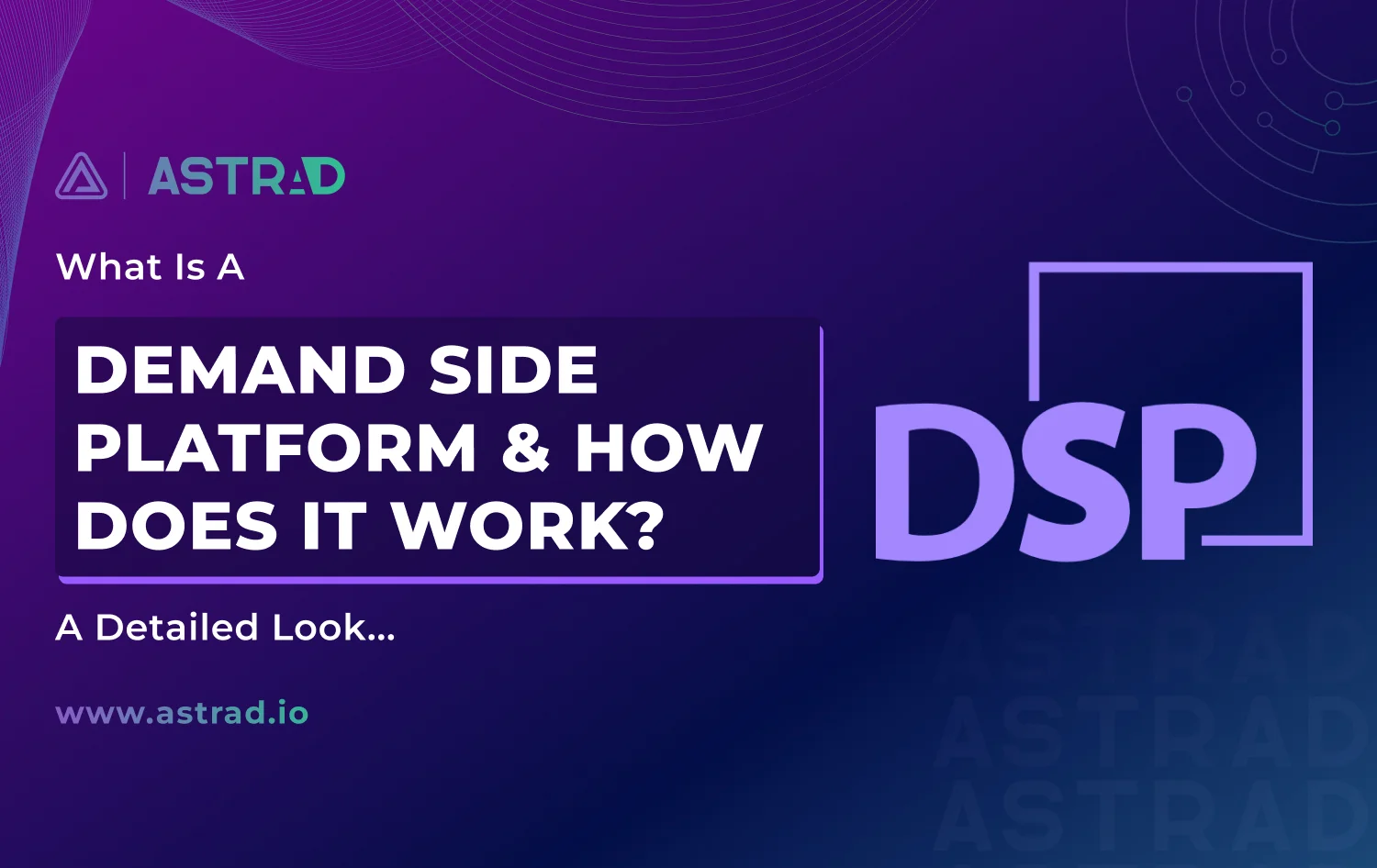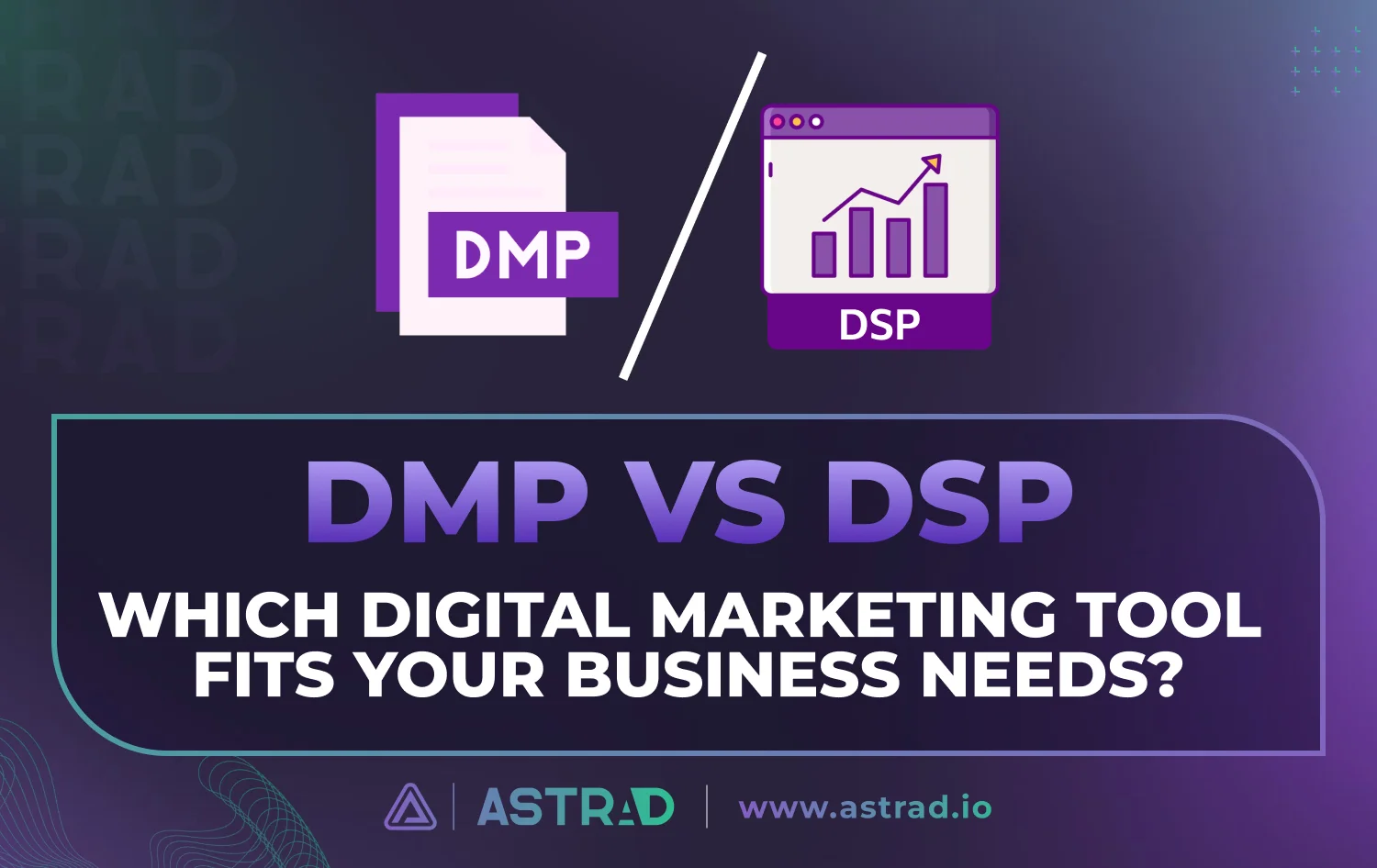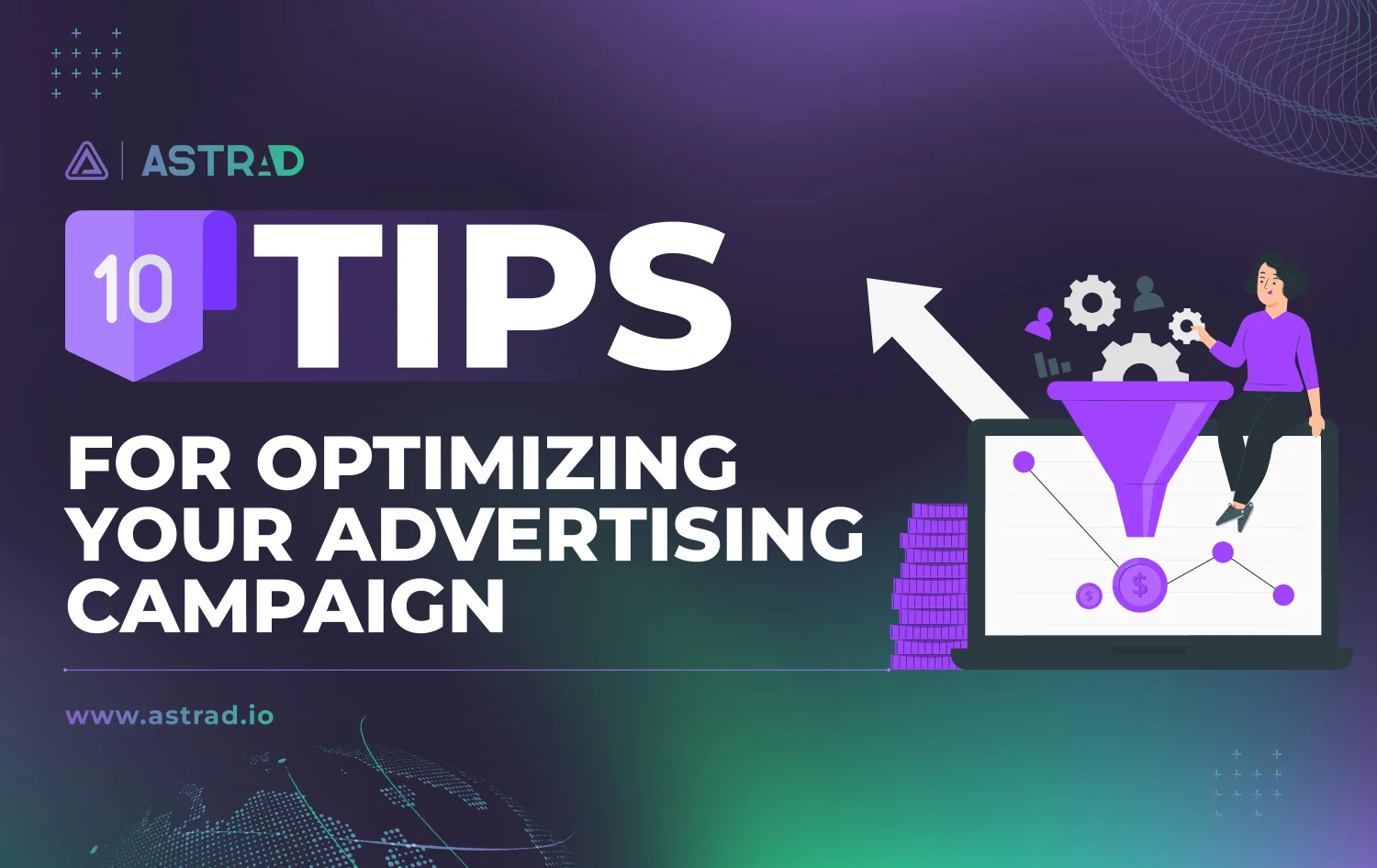Thanks to the digital revolution, we are now working overtime, trying to keep up with changes and, in frustrated fits, constantly adapting to the new trend. As the world spins faster on an axis propelled by technology, the fusion of AI and programmatic advertising is reshaping how we sell our brand and its products, redefining marketing at its core.
This article delves into the transformative potential of this potent duo, examining both the exciting opportunities and the complex challenges that this ‘tango of tech’ presents to traditional and mainstream marketing methodologies.
The Evolution of Programmatic Advertising and the Rise of AI
Once a system of ad networks and rudimentary algorithms, programmatic advertising has emerged as a powerful digital giant fueled by AI. Over the course of a few years, it has evolved into a powerhouse that has functionally displaced many traditional marketing firms and their well-established departments. Programmatic advertising started as a tool for real-time bidding (RTB) auctions and rapidly transformed into wildly divergent platforms with complex data analysis, predictive modeling, and hyper-targeted personalization.
These tools were further supercharged with the introduction of artificial intelligence — first with narrow AI models and now with more robust “general” AGI super algorithms. This collaboration has revolutionized the industry, driving efficiency, increasing ROI, and pushing the boundaries of audience reach. As AI continues to learn and adapt, the future of programmatic advertising promises even more sophisticated experiences, blurring the lines between seamless integration and uncanny understanding of our online desires.
AI's Role in Programmatic Advertising — A Synergistic Integration
Programmatic advertising is an automated process of buying and selling digital ad space in real time. It relies on algorithms and data to make decisions rather than human intervention. AI now plays a crucial role in programmatic advertising, making it more effective and efficient. AGI – Artificial General Intelligence models based on narrow AI allow programmatic advertising platforms to parse big data in seconds and make accurate predictions and actionable intel.
Data Analysis to Target Audiences
Predicts what users are interested in and what ads they are most likely to engage with. This helps advertisers in ad placement and content creation — designing more personalized and relevant ads that attract the attention of potential customers.
Campaign Optimization
Optimizes campaigns in real-time by adjusting bids and targeting based on the performance of the ads. As a result, advertisers can maximize their ad spend and achieve their campaign goals.
Innovative Ads
Creates dynamic ads that change based on real-time data. This ensures that ads are always relevant, timely, and engaging.
Prevent Ad Fraud
Detects and blocks fraudulent traffic. This ensures that advertisers only pay for genuine clicks and impressions and do not waste their budget on fraudulent activities.
Opportunities Unleashed by AI in Programmatic Advertising
AI in Programmatic Advertising presents numerous opportunities — unlocking its potential to revolutionize the industry in several ways:
Enhanced Targeting and Personalization
Enables more precise audience targeting by analyzing vast amounts of data to identify behavioral patterns and preferences. This permits advertisers to deliver more customizable and persuasive ads to their target audience, leading to higher engagement and conversion rates.
Improved ROI and Efficiency
Refines bidding strategies, maximizing ROI by ensuring ad placements are highly relevant, thereby reducing the wastage of resources.
Real-Time Bidding and Decision Making
Enables real-time ad inventory and user data analysis, allowing for automated bidding and decision-making. This ensures that advertisers can make effective decisions and optimize bids, ensuring better ad placement and campaign performance.
Advanced-Data Analysis and Insights
AI can process and analyze massive volumes of data at incredible speeds, providing advertisers with valuable insights into consumer behavior and market trends.
AI's Influence on Ad Creatives — Complex Challenges
AI is significantly impacting all types of content creation — frightening creatives and giving them cutting-edge tools. From the initial concept to the final execution, AI-springboarded content creation takes the world by storm. AI-powered tools can now generate ad copy, design images and videos, and even target ads to specific audiences. This has led to several benefits, such as increased efficiency and personalization. However, there are also a number of challenges that need to be understood.
Challenges of AI in Ad Creation and Marketing
Authenticity
One challenge is that Programmatic Advertising AI may not be able to capture the same level of creativity and originality as human-created ads. Additionally, AI can perpetuate biases in the data it is trained on. This can lead to discriminatory or offensive ads.
Biases
Another complex hiccup is that AI-powered ad tools can be expensive and complex to use. This can make it difficult for small businesses and startups to compete with larger companies with more resources. Finally, there are concerns about the ethical implications of using AI in advertising. For example, some people worry that AI could be used to manipulate or deceive consumers.
Data Privacy and Security Concerns
Advertisers must navigate regulations such as GDPR and CCPA to protect consumer data, build trust, and implement robust data protection measures.
Complexity and Integration Hurdles
Adapting infrastructure, processes, and workflows to accommodate AI technologies requires careful planning and execution.
Skill Gap and Understanding AI
Advertisers must provide training and education on AI technologies to their personnel and foster a deep understanding among stakeholders to facilitate smoother integration and adoption.
Maximizing AI's Potential: Overcoming Challenges
Hеrе arе sеvеral kеy arеas to focus on:
- Data quality and accessibility: Ensure that the data used to train AI models is highly quality, relevant, and accessible to enhance the performance and accuracy of AI systems.
- Ethical and responsible AI: Mitigate biases, ensure fairness, and adhere to ethical guidelines to build trust and accountability in AI-driven solutions.
- Transparency and explainability: Make AI algorithms explainable to help build trust, facilitate regulatory compliance, and support effective human-AI collaboration.
- Skill development and training: Provide comprehensive training programs to empower individuals to leverage AI tools effectively and contribute to successful integration.
- Change management and stakeholder engagement: Implement robust change management strategies to drive organizational readiness for AI adoption by stakeholders at all levels.
The combination of AI and programmatic advertising unveils a world full of possibilities that boost your marketing department’s accuracy and effectiveness and improve customer interaction. It’s important to overcome obstacles and accept that this burgeoning revolution is still in its infancy and calls for a strategic approach. Agility, flexibility, and a comprehensive grasp of the mutually beneficial interaction between AI and programmatic advertising are essential for staying ahead in this competitive environment.






